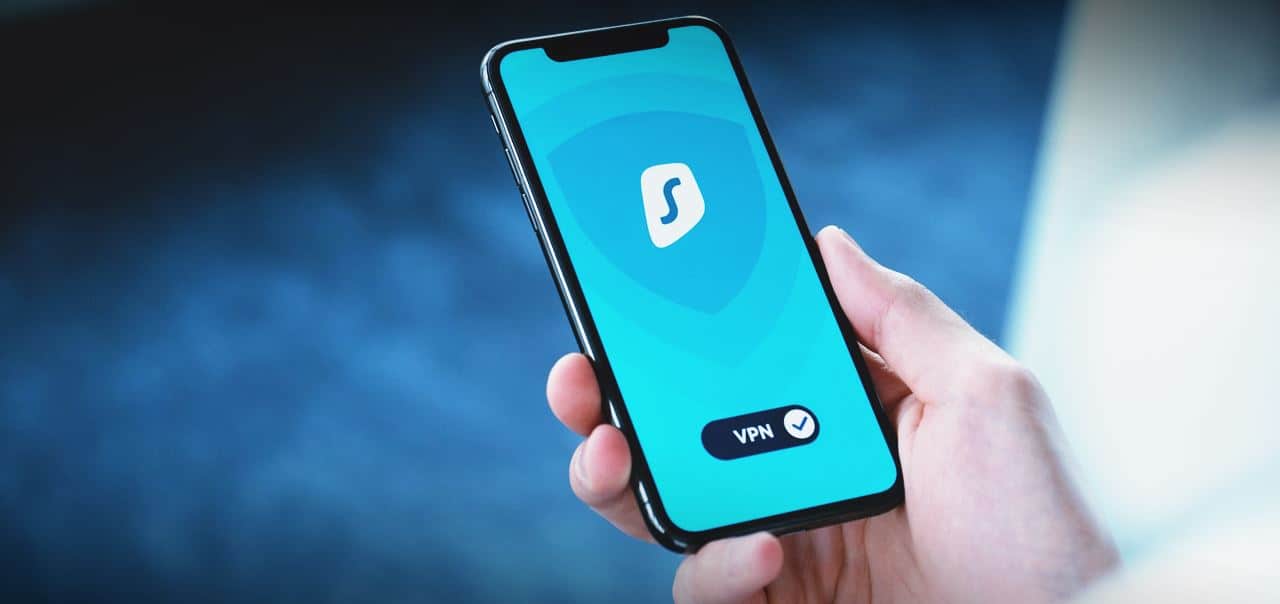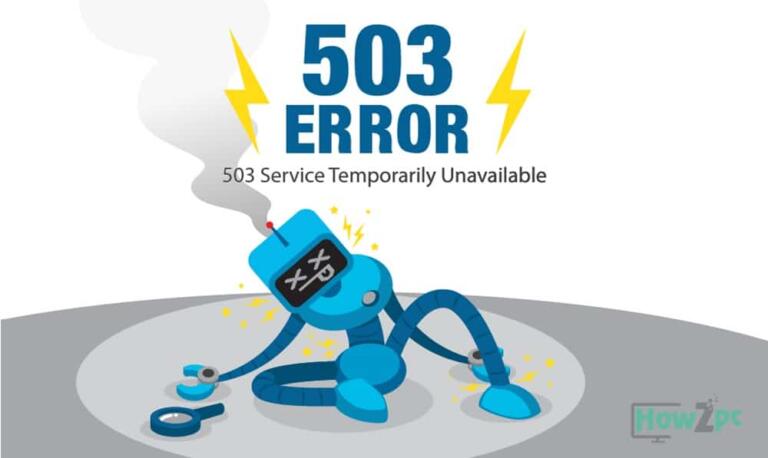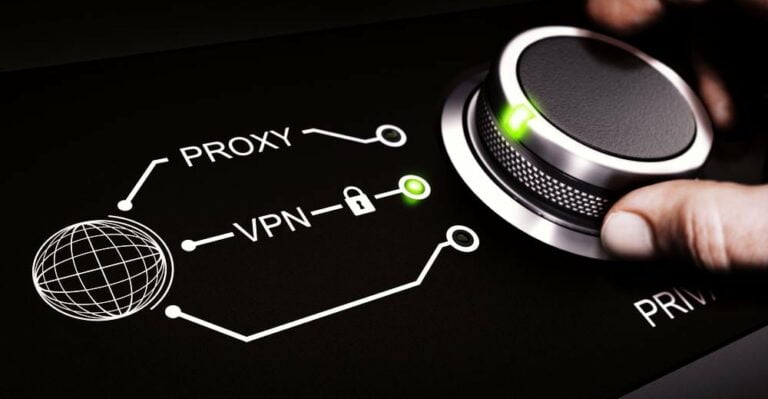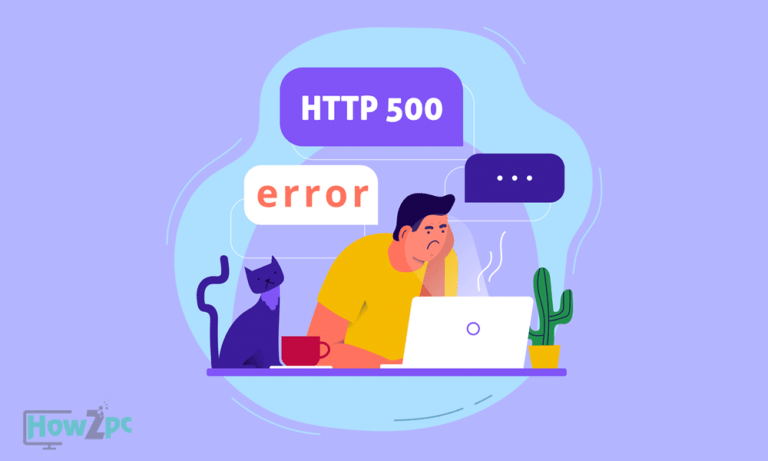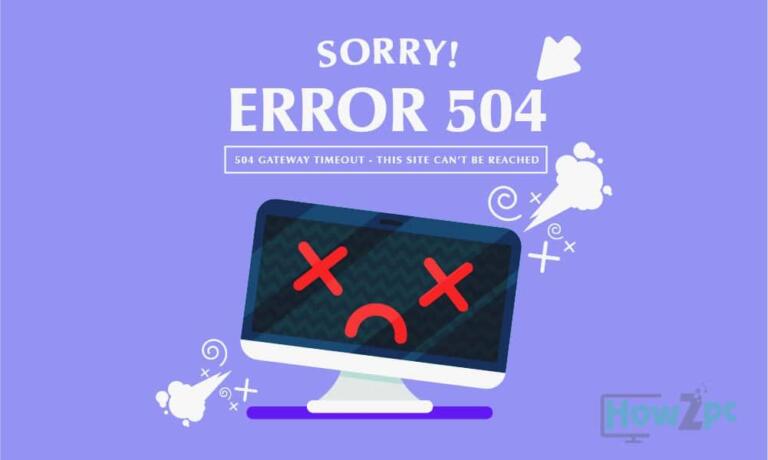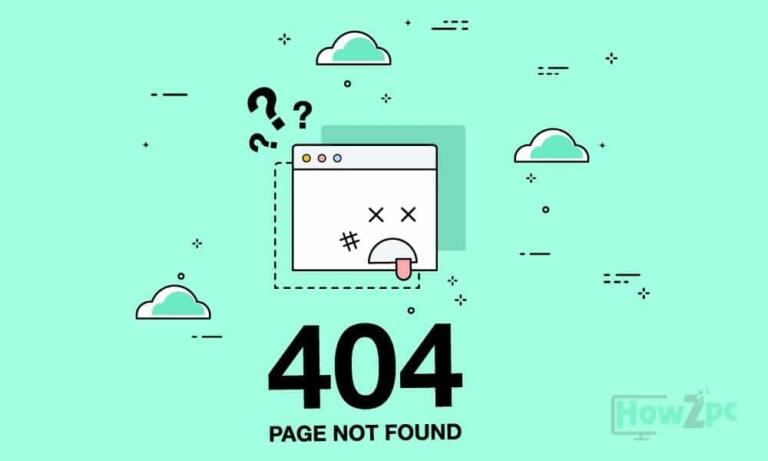Free VPN services come with their fair share of drawbacks. These include privacy concerns, speed, and server-country selection. Let’s take a closer look at these issues and learn whether or not a free VPN is worth your time. Whether it’s worth your time depends on how much you value security.
Limitations of a free VPN
Free VPNs come with several limitations, including speed limits and data caps. In addition, they only offer a limited number of servers. These limitations will often prevent you from using a VPN for heavy online tasks such as streaming video and gaming. If these are a concern to you, then you should opt for a paid VPN.
If you’re looking for a free VPN for personal use, ProtonVPN may be a good option. It has a limited server network with just three countries, resulting in substandard long-distance connections. However, its killer feature allows you to connect to online games with a secure connection. However, if you don’t care about privacy, you can leave this feature on to ensure a steady connection and smooth browsing.
Privacy Issues
One of the most common issues with free VPNs is that these services tend to leak your personal information. This data can be used for marketing, analysis, and selling. Additionally, free VPNs can compromise your privacy by exposing your real IP address and bandwidth. While this may not seem like a big deal, keeping your privacy and security in mind while using a free VPN is important.
While free VPNs are a great way to circumvent censorship and watch Netflix in regions with geographic restrictions, they can also lead to privacy issues. For example, one popular free VPN, Hola, was involved in an attack on 8chan using its users’ bandwidth. No one wants their device to be used maliciously, so it’s essential to choose a reliable free VPN service.
Speed
A free VPN is usually limited in speed. This can be an issue if you plan to use it for streaming, gaming, or torrenting. These activities require high speeds and may be impacted by data caps. In addition, some free VPNs may suffer from frequent outages and deteriorating speeds during peak times. To avoid these issues, you should always check the speed limits before you sign up for a free VPN.
If you’re a frequent online user, speed should be a priority. Though free VPNs are secure and will not leak your personal information, they still have their limitations. For one, free VPNs tend to be slower because VPN providers tend to limit the number of servers they make available to non-paying customers. This increases their workload and slows down their servers. If you are concerned about your online experience, you should use an online speed test site. Simply press the “Go” button on the site and test your download and upload speeds.
Server Country Choice
The server country you choose will determine the level of privacy and security you experience while surfing the web. Some countries have higher privacy standards than others, and some of these countries have more restrictive data policies. In South Africa, for example, data privacy laws are regulated by the state. If you want to surf anonymously and safely, you may want to choose a VPN server in this country.
The country in which the server is located can also affect the connection’s speed. For the best performance, you should connect to a VPN server that is close to your physical location. This reduces the distance that data packets must travel. Avoiding servers that are far from your current location will also reduce latency. The fastest internet speeds are typically found in South Korea, Japan, and the United Kingdom.
Data Collection
It’s no secret that free VPNs collect user information. This data is valuable for advertisers and can be sold to unscrupulous individuals. This can compromise your privacy and potentially lead to identity theft and the theft of sensitive personal information. To avoid being subject to this data mining, you should choose a VPN service that doesn’t collect any user data.
Some free VPNs have high permission levels, putting you at high risk for data collection. These apps may collect data on your location, including your GPS location. In addition, some collect movement data. These apps may also share your information with other network services.

